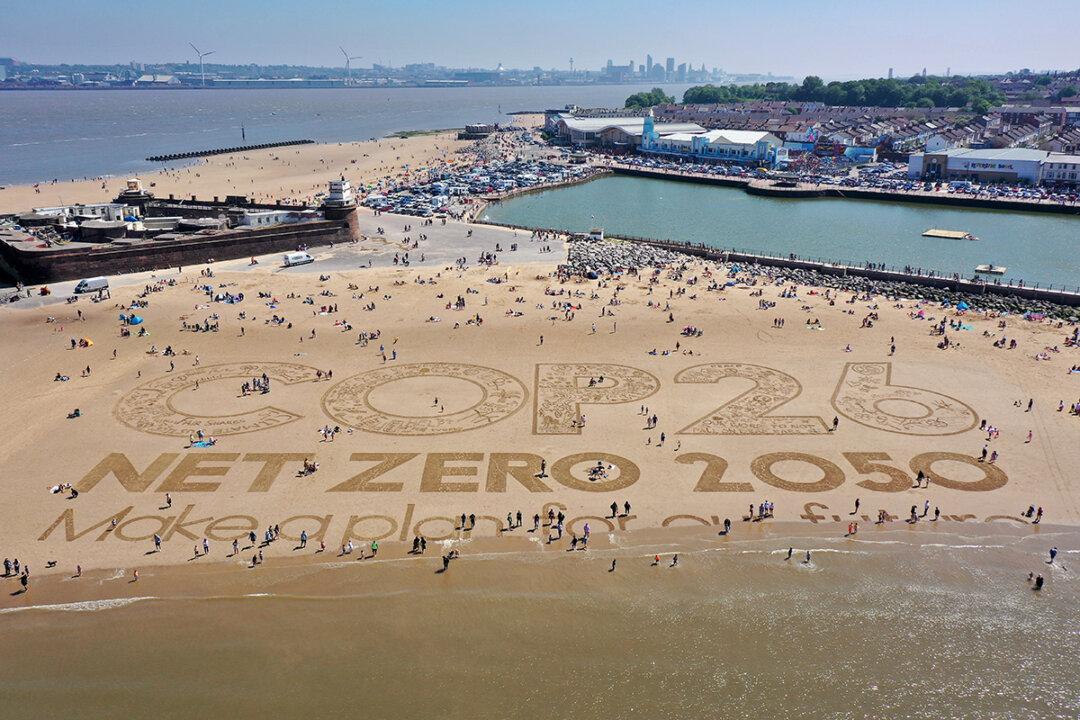Commentary
You’ve got to hand it to the climate alarmists: They do some really skillful marketing (or what a skeptic might call “propagandizing”) to promote their cause.

You’ve got to hand it to the climate alarmists: They do some really skillful marketing (or what a skeptic might call “propagandizing”) to promote their cause.